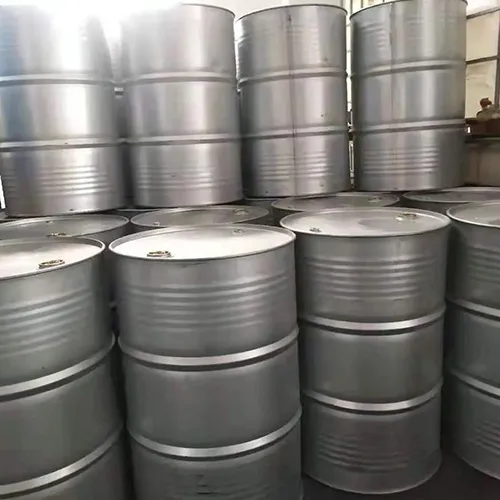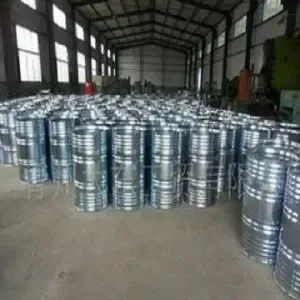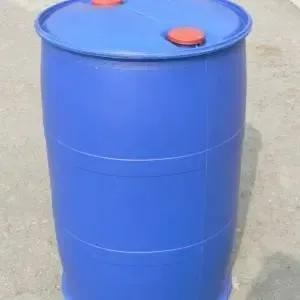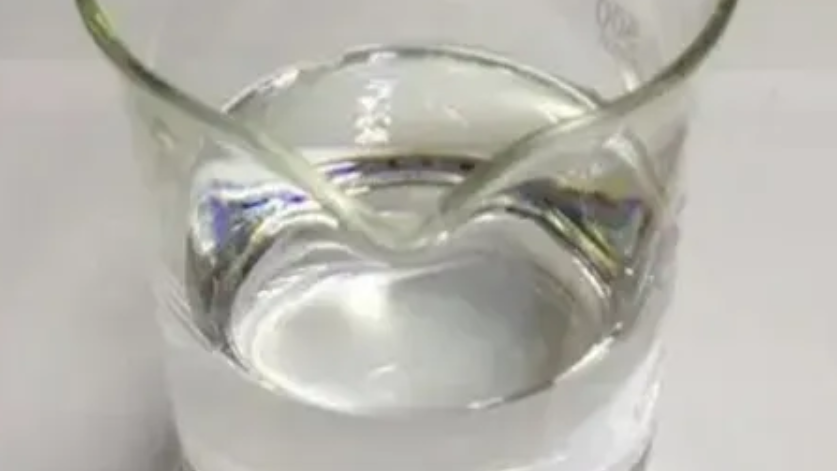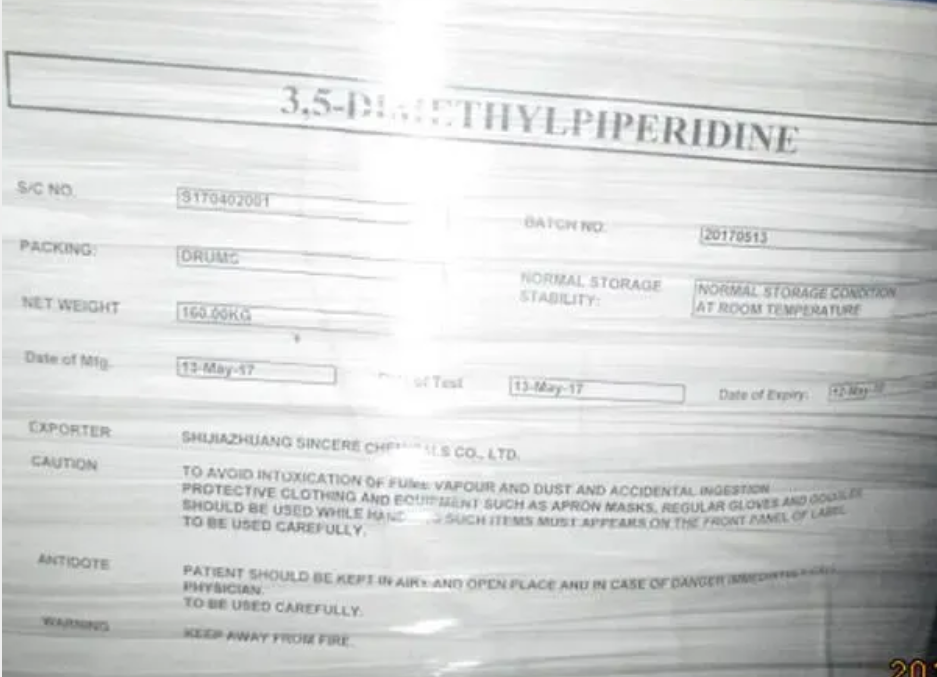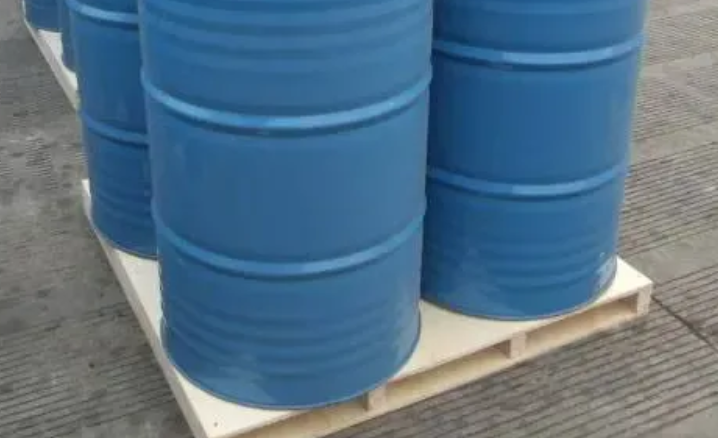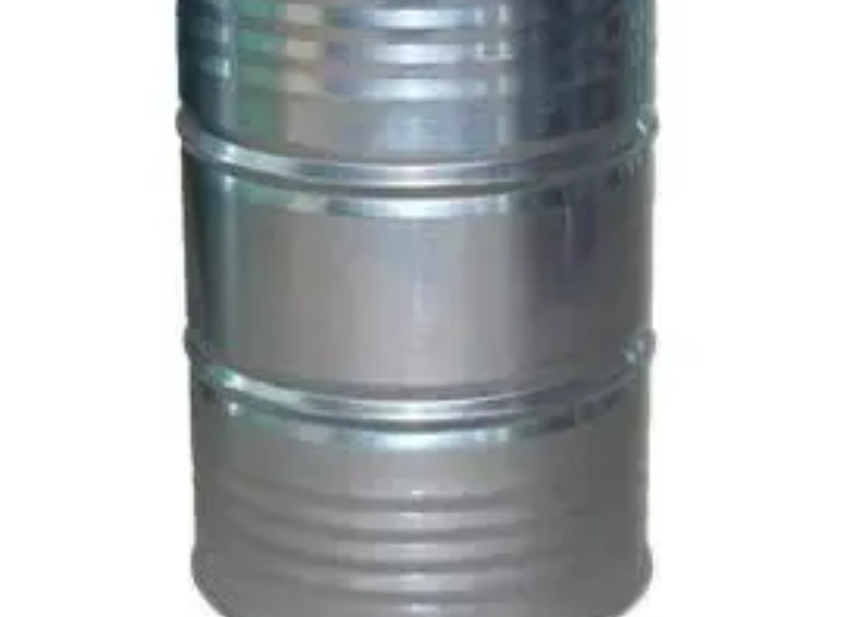Use of Iodine Solution Effective & Safe Disinfection for Medical and Daily Use
- Introduction: Requirements and outline of iodine solution applications
- Composition and Versatility of Iodine Solutions
- Market Data and Technical Advantages
- Manufacturer Comparison: Efficacy, Safety, Pricing
- Custom Solutions and Industrial Adaptability
- Real-World Use Cases and Application Examples
- Conclusions: The essential use of iodine solution
in modern industries
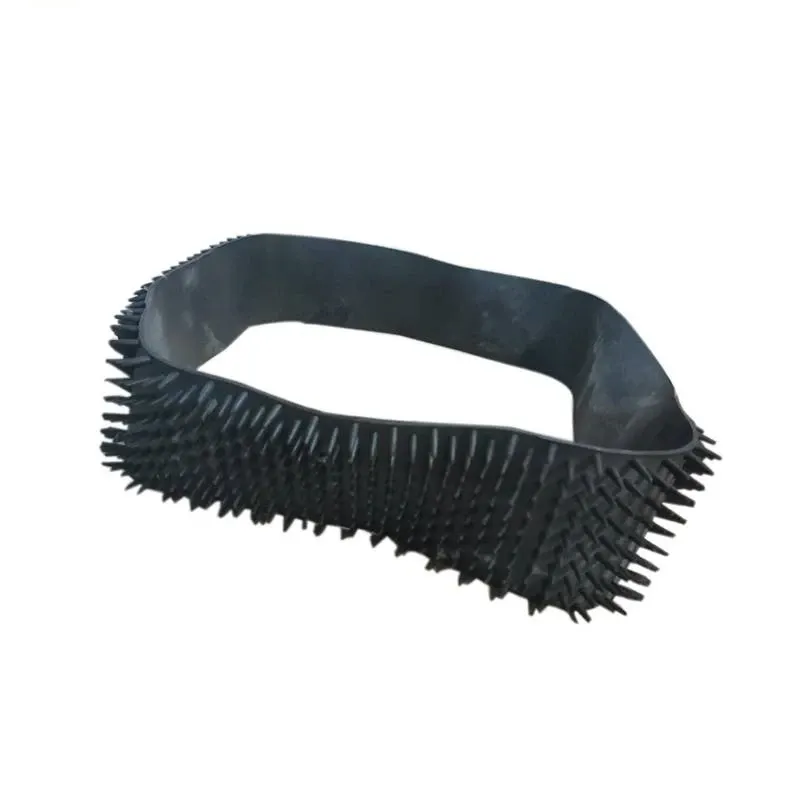
(use of iodine solution)
Introduction and Use of Iodine Solution
Iodine solution has served as a cornerstone in antiseptic, diagnostic, laboratory, and industrial contexts for over a century. With global markets witnessing renewed demand, understanding the use of povidone iodine solution, standard use of iodine solution, and variations like 1 iodine solution is pivotal for informed procurement and application. This article examines in detail their comprehensive formulation, operational mechanisms, comparative manufacturer data, customizable blends, and pivotal roles across disciplines.
Fundamental Properties and Flexibility of Iodine Preparations
Typically, iodine solutions are prepared by dissolving elemental iodine (I2) in a suitable solvent, often with potassium iodide (KI) to enhance solubility. Classic Lugol’s iodine, for example, contains 5% iodine and 10% potassium iodide in distilled water. Povidone-iodine solutions offer enhanced safety, stability, and surfactant properties by combining molecular iodine with polyvinylpyrrolidone (PVP), resulting in slower iodine release and reduced cytotoxicity.
The so-called "1 iodine solution" typically refers to a 1% available iodine solution by weight or volume, used for gentle skin and wound antisepsis. Povidone iodine formulations—ranging from 0.5% to 10%—provide a spectrum of antimicrobial efficacy tailored for surgical scrubbing, surface decontamination, and even ophthalmic applications.
The versatility of iodine solutions extends from microbiological staining (e.g., Gram’s iodine for cell wall differentiation) to disinfecting drinking water in emergency scenarios, further underlining their critical utility.
Technical Merits and Global Market Data Insights
Adoption of iodine-based solutions in the healthcare sector has grown consistently, driven by increased awareness of hospital-acquired infection (HAI) control. According to Grand View Research, the global povidone iodine market was valued at USD 152.38 million in 2022, and is expected to expand at a CAGR of 4.6% through 2030. Technical highlights include broad-spectrum antimicrobial activity, minimal microbial resistance, rapid kill times, and low systemic absorption.
Chemical kinetics data indicate that povidone iodine solutions can achieve a 99.99% kill rate of Staphylococcus aureus within 15–30 seconds of exposure in vitro. Compared to other antimicrobial agents such as chlorhexidine and alcohol, iodine solutions demonstrate lower allergenic risk in most populations and retain efficacy against spores and viruses.
Industrially, high-purity iodine formulations are leveraged in electronics manufacturing, pharmaceutical synthesis, and even as sterilants in the food industry where regulatory compliance (e.g., FDA, EU Biocidal Products Regulation) is a prerequisite.
Manufacturer Comparison: Efficacy, Safety, Pricing
| Manufacturer | Main Product | Efficacy (log10 reduction, 30s) | Safety Certification | Average Price (USD/L) | Customization Options |
|---|---|---|---|---|---|
| Betadine (Avrio Health) | Povidone Iodine 10% | ≥5.0 | FDA, CE | 45-55 | Available (viscosity, colorant) |
| BD (Becton, Dickinson) | Preparation Swabsticks 10% | ≥5.0 | FDA, USP | 48-60 | Limited (concentration) |
| PHIBIO | Lugol's Iodine 5% | ≥4.5 | ISO 13485 | 39-44 | Full (label, strength) |
| Fisher Scientific | 1 Iodine Solution | ≥4.2 | USP, cGMP | 32-37 | Full (packaging, volume) |
| Merck Millipore | Povidone Iodine Lab Grade | ≥5.5 | Ph. Eur. | 62-70 | Custom (formulation) |
As seen, Betadine and BD offer high-standard povidone iodine solution products with broad certification status and robust efficacy, albeit at higher price points. PHIBIO and Fisher Scientific focus on laboratory and clinical essentials with wider flexibility in product specification and packaging. Merck Millipore leads in pharmaceutical-grade purity and supports highly customized blends but is generally premium-priced.
Tailored Solutions and Adaptation in Industry
Beyond off-the-shelf formulations, many suppliers accommodate tailored iodine solutions to meet stringent end-user requirements. Parameters such as viscosity, surfactant systems, stabilizer inclusion, and pH range can be adjusted for specific operational goals—whether for skin antiseptics, instrument sterilization, or food-contact surface treatment.
For instance, pharmaceutical manufacturers often demand low-residue, low-odour povidone iodine solutions to prevent batch contamination, while veterinary sectors may require colored markers for compliance verification during livestock care.
Detailed collaboration between R&D teams and manufacturers delivers process-optimized products ranging from sterile unit doses for hospital surgery, to bulk formulations in food processing or water sanitation programs. This level of customization ensures maximum efficacy and safety within unique operational constraints.
Application Examples: Hospitals, Laboratories, Industry
In medical settings, povidone iodine solutions are the gold standard for pre-surgical site preparation. Peer-reviewed studies affirm a 64% reduction in catheter-related bloodstream infections with the routine use of povidone iodine compared to non-iodine antiseptics (Journal of Hospital Infection, 2021).
Laboratory use encompasses both specimen staining and surface sterilization. For example, 1 iodine solution is widely preferred in microbiology laboratories for Gram’s staining protocols due to its reliability and minimal cytotoxic side effects on samples.
In food processing, custom iodine solutions help achieve pathogen control targets mandated by regulatory bodies without compromising taste or nutritional integrity of final products. Integrated use of iodine preparations in water bottling plants has led to 3x improvements in microbial counts compared to chlorine-only disinfection regimens.
Conclusion: The Critical Use of Iodine Solution Across Domains
The use of iodine solution has demonstrated unparalleled utility in infection prevention, analytical laboratories, food sanitation, and specialty manufacturing sectors. Povidone iodine solution provides a superior safety profile, whereas classic and modified preparations like 1 iodine solution sustain foundational microbiological testing and surface disinfection.
Comparative data underscore the importance of choosing suppliers not only by price but by technical adaptability, regulatory certification, and solution consistency. Modern operational efficiency is increasingly aligned with robust, customizable iodine technologies—conclusively reaffirming their fundamental place in tomorrow’s scientific and industrial advancements.

(use of iodine solution)
FAQS on use of iodine solution
Q: What is the use of iodine solution in medical settings?
A: Iodine solution is commonly used as a disinfectant to clean wounds or prepare skin before surgery. It helps eliminate bacteria and prevent infection. Its use ensures a sterile environment.Q: How is povidone iodine solution used for wound care?
A: Povidone iodine solution is applied directly to wounds or cuts to prevent infections. It works by killing germs on the skin. The area should be allowed to dry after application.Q: What does "1 iodine solution" refer to in healthcare?
A: "1 iodine solution" usually designates a 1% iodine concentration used as an antiseptic. It’s safe for topical application on skin. Always follow specific application instructions provided by medical professionals.Q: Can iodine solution be used for water disinfection?
A: Yes, iodine solution can disinfect water for emergency use. Add the recommended number of drops and wait the suggested time before drinking. It helps kill bacteria and viruses in untreated water.Q: Are there any precautions for the use of povidone iodine solution?
A: Avoid prolonged use or applying it to large, deep wounds without medical advice. Some people may experience allergic reactions or skin irritation. Always consult a healthcare provider if unsure.Post time: జూలై . 08, 2025 06:08










